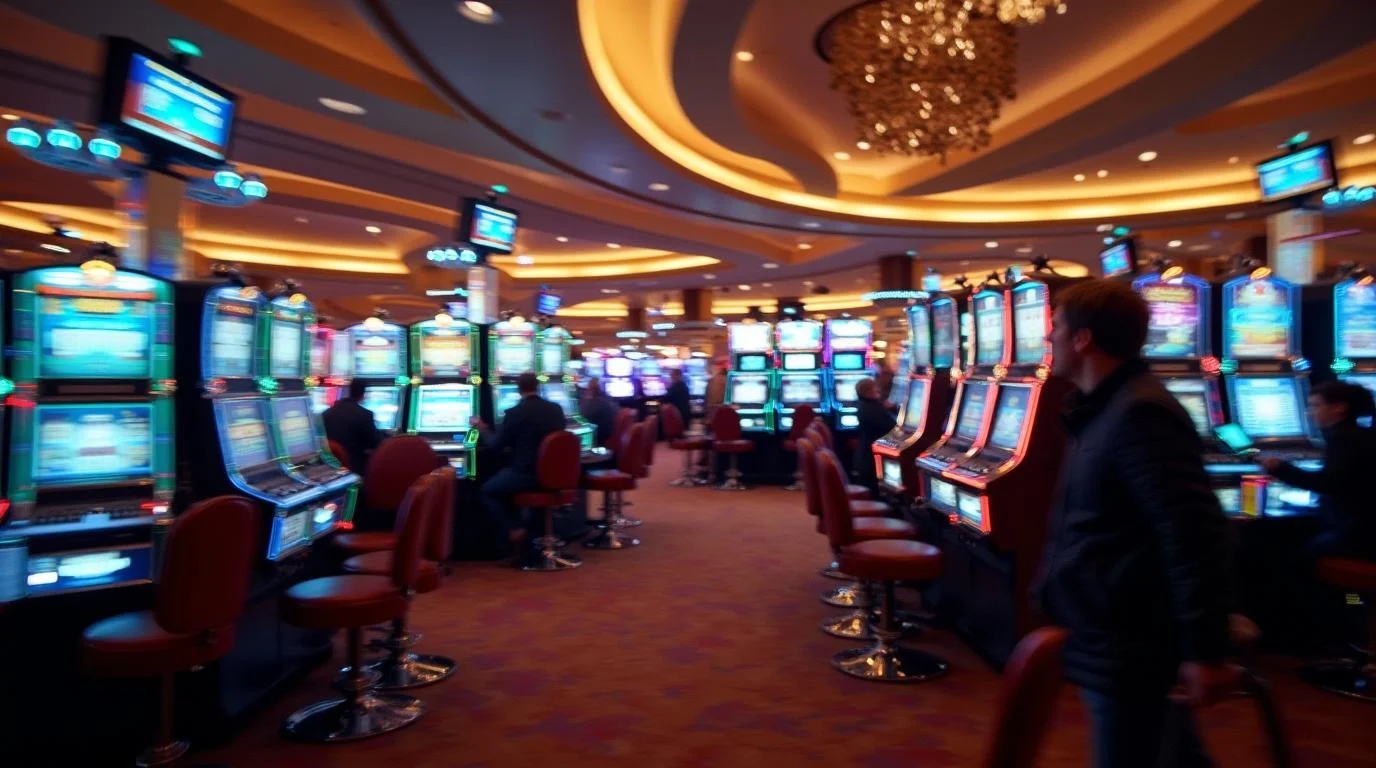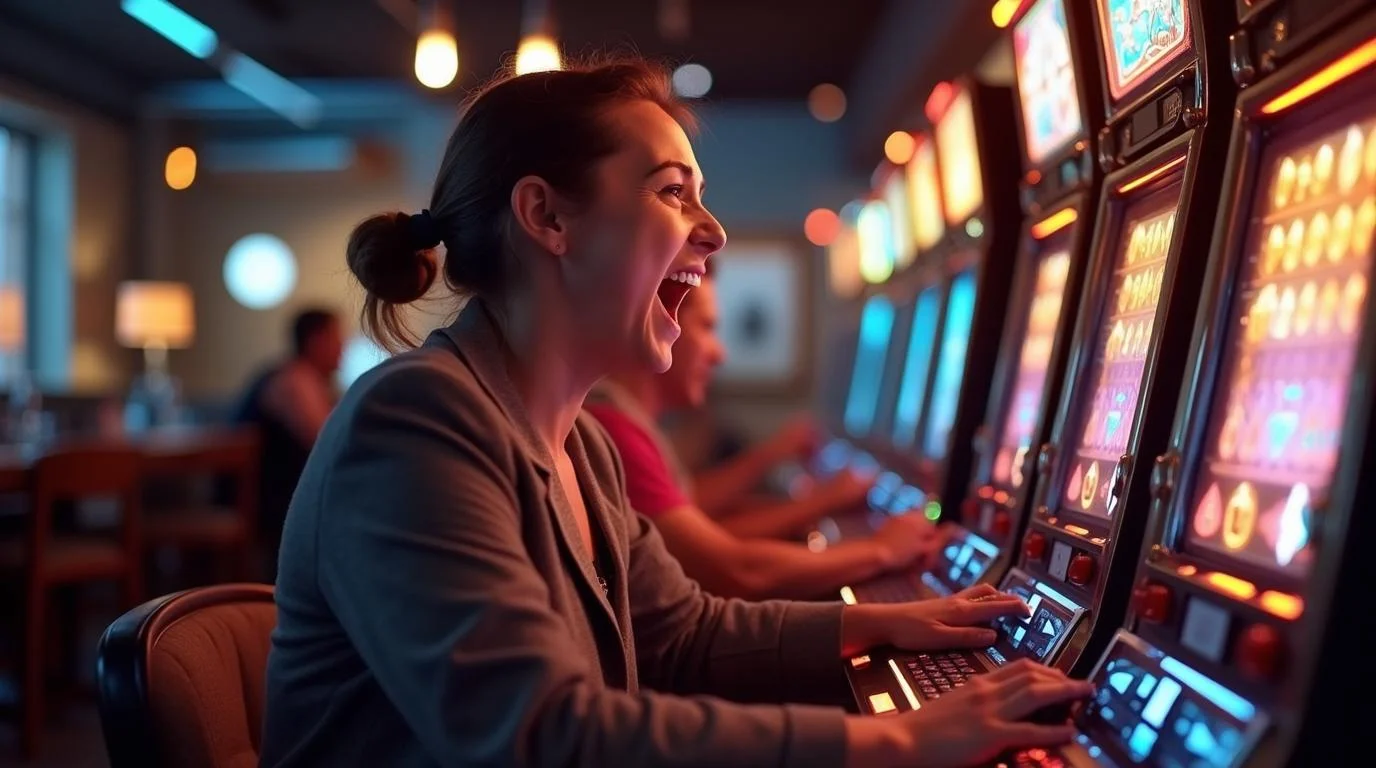Australian Slots Giant Aristocrat Leisure Faces Class-Action Lawsuit Over Alleged Illegal Gambling

1.0
Default
In a surprising turn of events, the renowned slot developer, Aristocrat Leisure, which is the company behind subsidiaries like Big Fish and Pixel United, is facing a lawsuit from the Australian government over illegal gambling brought on by its social casino games.
Aristocrat Leisure, a prominent player in the Australian gaming industry, is embroiled in a class-action lawsuit accusing its digital subsidiary, Pixel United, of promoting illegal gambling through its social casino apps. The lawsuit, which was filed in the Australian Federal Court, claims that Pixel United's operations violate local gambling laws by offering social casinos on platforms like Facebook, Android, and Apple through its subsidiaries Plarium, Big Fish, and Product Madness.
These companies, acquired by Aristocrat Leisure in the 2010s as part of its strategic expansion into the social gaming arena, offer virtual casino games where players use play-money chips. While initial chips are provided for free upon signing up, players must purchase additional chips with real money to continue playing once the initial stack of free chips is depleted.
Dopamine-driven concerns
The lawsuit argues that these social casino games from Aristocrat should be regulated like traditional land-based gambling slots in Australia. It alleges that the combination of "audiovisual stimuli with the experience of winning virtual currency" has a psychological impact on users, and it conditions users to seek successful outcomes, releasing dopamine in a manner akin to real-money gambling.
Unlike traditional slot machines, commonly referred to as "pokies" in Australia, the social slots from Aristocrat do not disclose the winning odds and neither do they impose financial time limits, which the lawsuit claims is problematic.
Aristocrat defends itself against the claims
Aristocrat's legal team refutes the claims, asserting that their social casino apps do not qualify as "illegal interactive gambling services." They emphasize that users can suspend or even close their accounts at any time and can disable purchases in the app if they so choose.
According to an Aristocrat spokesperson, in a statement released to The Australian Financial Review, "These games do not meet the definition of gambling service under the [law]. Aristocrat companies take proactive steps to provide more information, choice, and support to players of their social casino apps, over and above any legal requirements."
The previous legal challenges
This lawsuit follows a significant precedent set in March of 2021 when Aristocrat, along with Churchill Downs, the former owner of Big Fish, settled a lawsuit in Washington State for $155 million. The case actually hinged on a 2018 ruling by a Seattle federal court that deemed that the play chips used in Big Fish games were "something of value," thereby classifying the games as gambling under Washington state law.
Washington is currently the only US state to have ruled that virtual chips constitute "something of value," a classification that plaintiffs in the Australian case will need to argue under the country's legal framework.
A lack of definition in the Australian market
What further complicates matters is that Australia lacks a comprehensive federal definition of gambling. The closest definition is found in Section 4 of the Interactive Gambling Act of 2001, which was created as a response to the burgeoning online gambling sector. The act defines a gambling service as including "a game played for money or anything else of value."
Aristocrat has stated its intent to "vigorously defend" against the lawsuit, stressing that its social casino games are designed purely for entertainment. The company maintains that its practices comply with existing laws and that it even goes beyond legal requirements to ensure player protection and transparency.
The outcome of this lawsuit could have far-reaching implications for the regulation of social casino games in Australia and could even potentially influence global standards. If the court rules in favor of the plaintiffs, it could lead to stricter regulatory measures for social casinos, aligning them more closely with traditional gambling operations. This case also showcases the ongoing debate on the psychological impacts of social casino games and their potential to encourage gambling-like behaviors.























